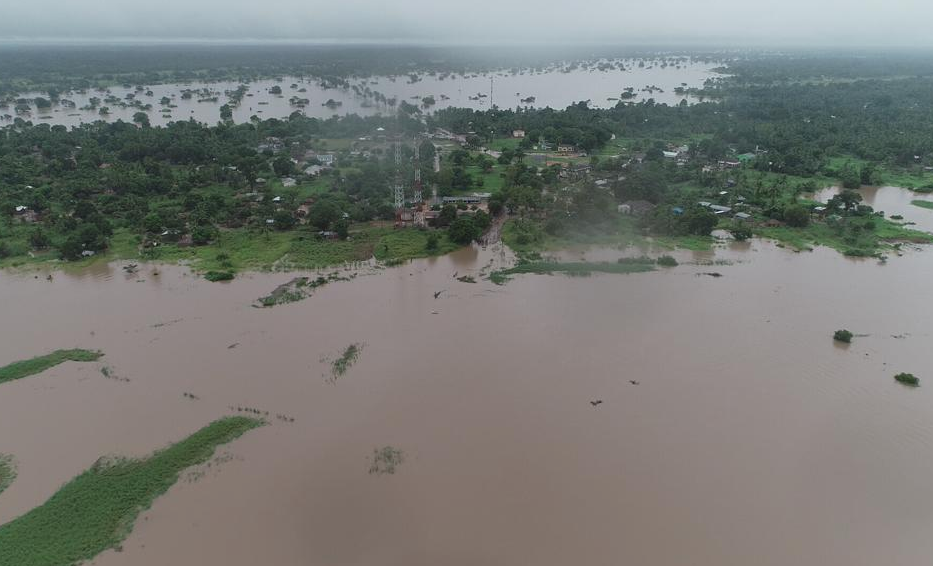
Editorial Comment
The high number of deaths recorded so far in the wake of a tropical storm that hit Manicaland on Friday raises questions about the country’s state of disaster preparedness.
Cyclone Idai, which has already caused destruction to many parts of Mozambique and Malawi, had killed at least 28 people in Zimbabwe by yesterday afternoon, according to a report by the government.
As many as 40 people were said to be missing and the death toll was expected to rise, with Chimanimani being the hardest hit.
Several homes and bridges were swept while power and communication was cut off.
Weather experts had been issuing warnings about the potential danger posed by the cyclone for a number of days before disaster struck in Manicaland.
The government says it had activated its disaster management systems in anticipation, but this did not include evacuations.
If the government had considered evacuations, especially of boarding schools, the tragedy that befell Charles Luwanga School in Chimanimani where pupils were trapped could have been avoided.
- Chamisa under fire over US$120K donation
- Mavhunga puts DeMbare into Chibuku quarterfinals
- Pension funds bet on Cabora Bassa oilfields
- Councils defy govt fire tender directive
Keep Reading
Two students were feared to have died.
The trail of destruction, according to reports from Manicaland, is reminiscent of Cyclone Eline that hit parts of Zimbabwe in February 2000.
Forecasts indicate that the rains would continue to pound Mashonaland East, Central, Manicaland and Masvingo provinces throughout the weekend.
This means that the government’s response has to be raised a notch higher because more people are in danger of being swept away by floods.
The bureaucracy behind delays that resulted in Charles Luwanga School pupils being held for hours at the institution while awaiting permission from the Primary and Secondary Education ministry to evacuate must be done away with.
However, this is not the time to be apportioning blame on anyone, but Zimbabweans need to respond to the disaster in a manner that would demonstrate that we have not lost our sense of Ubuntu/Unhu.
A number of non-governmental organisations have already risen to the occasion and are playing a leading role in rescue operations as well as providing food and shelter to the victims.
Odinary citizens also have a role to play in the response by offering assistance of whatever magnitude, including being responsible in the information they share about the disaster.
The dissemination of factual information will help to warn those that might be in harm’s way and direct authorities to provide timely interventions whenever they are needed in dealing with this calamity.











